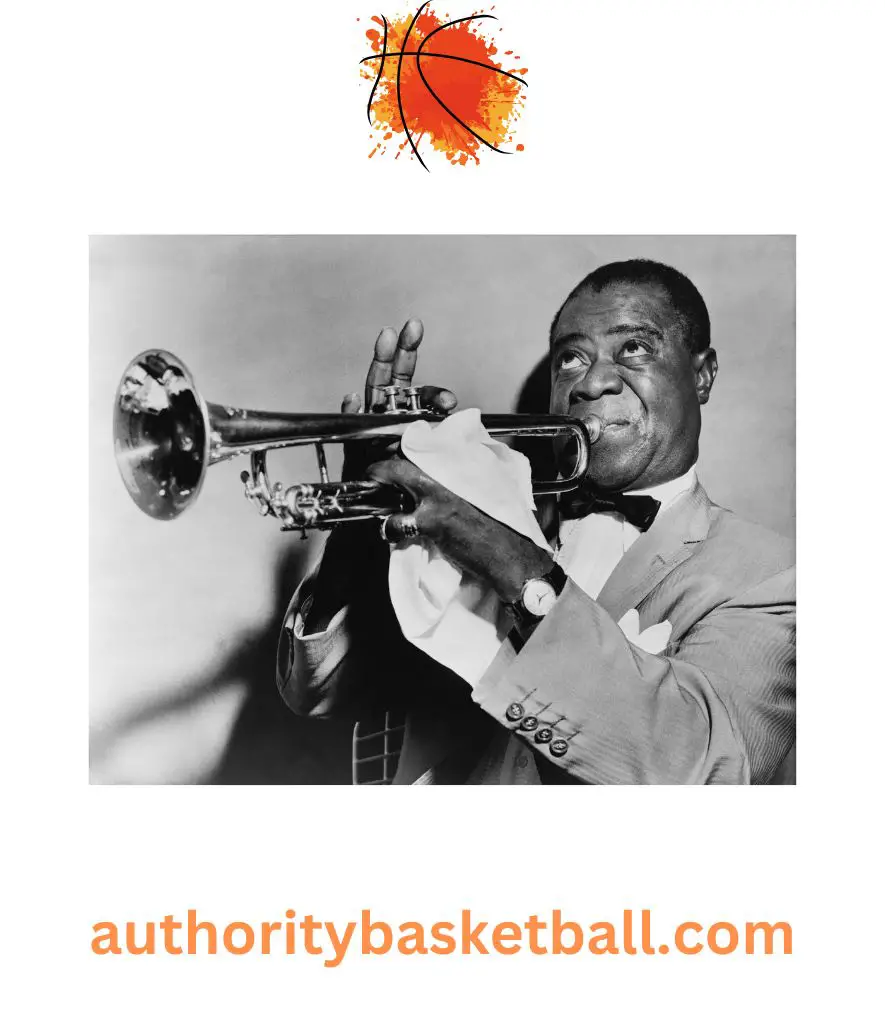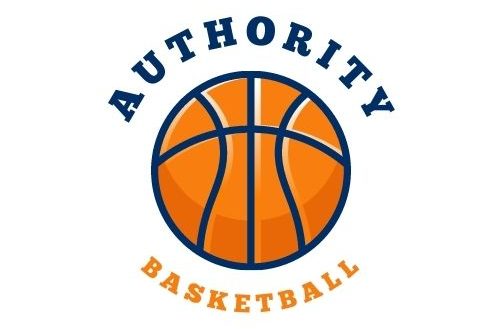Kareem Abdul-Jabbar, formerly known as Lew Alcindor was raised as a Catholic, but he converted to Islamism in 1968.
He changed his name three years after he led the Bucks to the title, and is a basketball legend who is one of the most successful players in the history of the sport.
In what is seen as a pivotal moment in the sporting trajectory of this man’s career, Kareem Abdul Jabbar was traded from the Milwaukee Bucks to the Los Angeles Lakers.
The rest, as they say, is history!
Mr. Jabbar spent the remainder of his career at the Lakers and managed to cement his place in the Hall of Fame due to his professional exploits out on the court.
But why did Abdul-Jabbar decide to leave the Milwaukee Bucks and join the Los Angeles Lakers?
For starters, here’s a quick answer on why he made the famous switch…
Kareem Abdul Jabbar left the Milwaukee Bucks for the Los Angeles Lakers due to wanting a team that was a closer fit for his cultural needs. More so, Kareem sought to play for a more competitive sporting franchise, along with the need to be closer to his New York home town.
Reasons why Kareem departed the Milwaukee Bucks
This article has been written to offer a thorough explanation detailing some of the possible reasons for his move.
So, read on to get the full picture.
1. Cultural differences
The Milwaukee Bucks – Kareem’s former employer – were purported to not have met the cultural needs of Mr. Jabbar during his time there.
Apparently, the Los Angeles Lakers were Kareem’s third choice on the list of teams that he preferred to join, so something clearly wasn’t right before the time for the trade came to pass.
Kareem wanted an environment that he felt more at home with.

And although he hasn’t been on record to elaborate more specifically on what he meant by “cultural differences”, we can definitely get an inkling of an indication as to what he was trying to say.
Kareem was a Muslim, and so he probably sought a team based in a city where he could explore and interact with various aspects of Islam, free from prejudice.
2. A struggling Bucks franchise
During Abdul-Jabbar’s time with the Bucks, the team struggled to find success.
They made the playoffs every year, but were unable to advance past the conference finals.
In the 1974-1975 season, the Bucks finished with a losing record of 38-44 and missed the playoffs entirely.

It’s possible that Abdul-Jabbar grew frustrated with the team’s lack of success, and as soon as he saw an opportunity for a fresh start with the Lakers, he took it.
In an interview with the New York times on June the 17th, 1975, he says:
“I’m not criticizing the people here. But Milwaukee is not what I’m all about. The things I relate to aren’t in Milwaukee.”
Source – New York Times
3. Wanting to be closer to home
There were also personal reasons that may have influenced Abdul-Jabbar’s decision to leave the Bucks.
One of these being a wish to relocate to the area where he grew up as a child.

Here’s one of the quotes which backs this up:
“I had a strong desire to return home. But the Lakers made a sincere effort to get me, and that wasn’t the case with New York. I don’t think it’s smart to go around people who don’t really want you.”
Source – New York Times
He was born and raised in New York City and he had always dreamed of playing for his home team – the New York Knicks.
He preferred a cosmopolitan environment in which he could pursue his interests in black culture, orthodox Islam, jazz, and serious reading.

Off the court, he had become increasingly reclusive in Milwaukee, where popular adoration had taken away the quiet he desired.
When that opportunity didn’t present itself, he chose to play for UCLA and later the Bucks, but it’s possible that the pull to play for his home town was very strong.
In a 2003 interview with the Los Angeles Times, Abdul-Jabbar stated:
“I always wanted to come back to New York, but the Knicks never showed any interest in me. The Lakers gave me the chance to come back home.”
Source – Los Angeles Times
4. The competitive allure of the Los Angeles Lakers
While personal reasons may have played a major role in Abdul-Jabbar’s decision, it’s also important to consider the appeal of the Lakers organization.
At the time of the trade, the Lakers were a well-respected team with a strong track record of success.
The Lakers had made the playoffs every year since the 1954–55 season and had won five championships in that time.
Joining a successful team like the Lakers must have been too good of an opportunity for Abdul-Jabbar to pass up.
Abdul-Jabbar, whose yearly salary was expected to be in the $500,000 range, inked a five-year contract with the West Coast squad.
When did Kareem leave the Bucks?
The trade happened on June 16th, 1975.
Involved in the switch was Walt Wesley (Kareem’s team mate), along with Elmore Smith, Brian Winters, Junior Bridgeman and Dave Meyers who were the four players that went the other way from the Los Angeles Lakers to the Milwaukee Bucks.
What did the Bucks get in the Kareem trade?
The trade had a major impact on both the Bucks and the Lakers.
While the Bucks acquired four players in the process, namely:
- Elmore Smith;
- Brian Winters;
- Junior Bridgeman; and
- Dave Meyers

They struggled in the seasons following Abdul-Jabbar’s departure, making the playoffs just once in the next five seasons.
Even though the aforementioned players were good professionals, none could match the superstar talent and offensive output that Kareem had.
You could even go as far as saying that the trade wasn’t worthwhile from a sporting perspective for the Bucks.
How did the Lakers benefit from the Kareem trade?
On the other hand, while his move to the Lakers resulted in unprecedented success, it did not start that way.
In their first season with Abdul-Jabbar, the Lakers finished 40-42 and missed the playoffs.
The dominant center did not win his fifth MVP Award until 1977, when the Lakers returned to the playoffs after two years on the outside looking in.
The Lakers’ three consecutive playoff appearances ended in heartbreak.
Magic Johnson’s selection as the No. 1 overall pick in the 1979 NBA Draft aided Abdul-Jabbar and the Lakers in their ascent.
That season, they won the NBA Finals with a rookie Johnson standing in for Abdul-Jabbar.
Abdul-Jabbar continued to play at a high level in 1981, averaging 26.2 points, 10.3 rebounds, and 2.9 blocks per game.
He was named to his eighth All-NBA First Team and his fifth All-Defensive First Team, but the Lakers were upset by the Houston Rockets in the first round of the playoffs.
Abdul-Jabbar and the Lakers returned to the NBA Finals the following year, again defeating the 76ers in six games.
Then, after consecutive losses in the Finals, the Lakers embraced a “Showtime” approach in 1984 and went on to win three more titles.
His addition to the team solidified their place as a dominant force in the league.
Check out this video compilation showcasing how good he was as a player:
The Lakers attempted to send him home on top with one more championship, but injuries crippled them in the playoffs, and they were swept by the Pistons in the NBA Finals.
Abdul-Jabbar retired as the most accomplished basketball player of all time.
He has six NBA titles, two NBA Finals MVPs, and six regular-season MVPs.
He is also a 19-time All-Star, a 10-time All-NBA First Team selection, and a five-time All-Defensive First Team selection.
Abdul-Jabbar was also a two-time scoring champion, a four-time block leader, and the 1976 rebounding champion.
Final thoughts
Kareem Abdul-Jabbar’s decision to leave the Bucks and join the Lakers was likely influenced by a combination of factors, including the Buck’s struggling franchise and personal reasons.
The trade had a major impact on both teams.
With the Bucks struggling in the years following Abdul-Jabbar’s departure and the Lakers finding success with the addition of the legendary center.
For more information on this influential basketball player, have a read of some related content over on our blog, such as:
- The reasons why Kareem Abdul Jabbar changed his name;
- Reasons why Kareem Abdul Jabbar wore goggles when he played; and
- Why Kareem Abdul Jabbar wore jersey number 33 during his playing career
- The Most Popular Prop Bets Made During the NCAA Final Four Tournament - February 9, 2024
- Evaluating the Enigma: Does LeBron James Possess a No-Trade Clause? - May 16, 2023
- Gravity’s Dance: Unveiling the Art of Bouncing Basketballs - May 16, 2023
